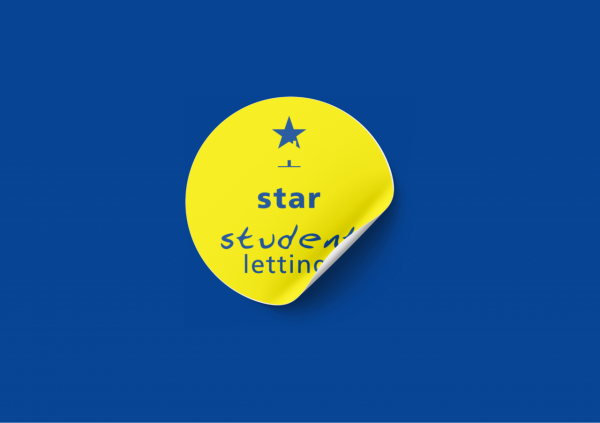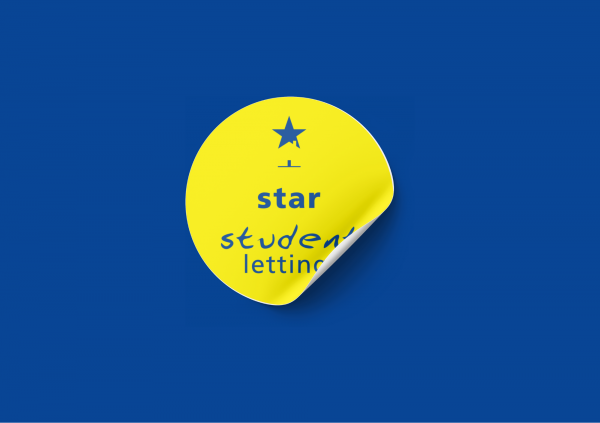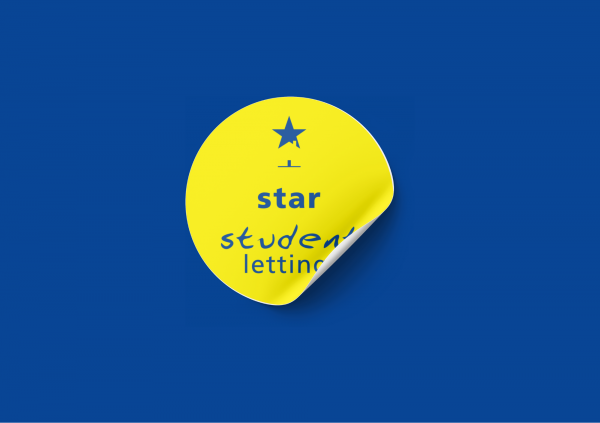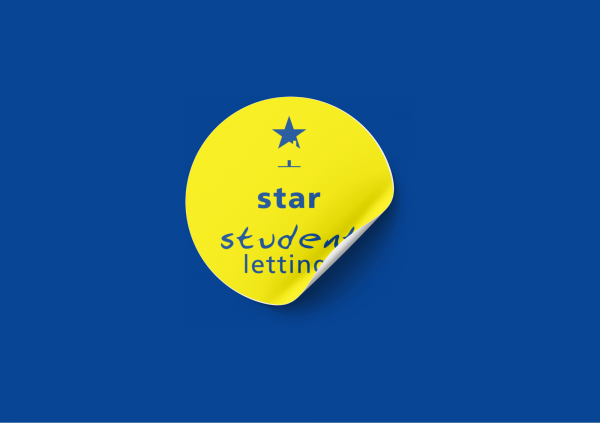Sending your child off to university is an exciting milestone – but it also comes with new challenges, especially when it comes to finding safe and reliable student accommodation in Exeter. Whether your child is attending the University of Exeter or another local institution, understanding how student rentals work will help you support them through the process.
Here’s what parents should know about student rentals in Exeter:
1. Types of Student Accommodation in Exeter
Students in Exeter usually choose between:
University halls of residence – managed directly by the university, offering a safe and supportive environment for first-year students.
Private student halls – purpose-built apartments with modern facilities, often close to campus and city amenities.
Shared student houses – popular with second- and third-year students, these are usually rented through local letting agents or private landlords.
Tip: Many parents prefer halls for first-year students, as it provides a structured and social introduction to university life.
2. The Rental Process and Contracts
Most student rentals in Exeter are signed on a fixed-term tenancy agreement (usually 10–12 months). It’s important to read the contract carefully and check what’s included in the rent – such as utilities, Wi-Fi, and contents insurance.
Tip: Parents are often asked to act as guarantors for student tenants, so be prepared to provide financial details when signing.
3. Budgeting for Student Life
Rent in Exeter varies depending on location and property type. While purpose-built student accommodation may seem more expensive, it often includes bills, security, and on-site facilities. Shared houses can be cheaper, but students will need to manage utility payments and household responsibilities.
Tip: Help your child set a monthly budget that covers rent, bills, food, travel, and social activities.
4. Safety and Location
Exeter is considered a safe, student-friendly city, but location still matters. Many students prefer to live near Streatham Campus or the city centre for convenience. Look for well-lit areas with good transport links, and check whether the property has secure locks and fire safety measures.
Tip: The University of Exeter Accommodation Office and the Student Housing Charity, Studentpad, are great places to start your search for trusted rentals.
5. Viewing Properties and Inspections
Encourage your child to view properties in person (or virtually if needed). They should check for damp, working appliances, heating, and general upkeep. Many landlords and agencies in Exeter offer virtual tours to make the process easier for students moving from further away.
Tip: Once moved in, remind your child to complete an inventory and take photos of the property’s condition to avoid disputes later.
6. Support for Students in Exeter
If problems arise, students can access advice from the Students’ Guild Advice Service or the university’s accommodation team. These services provide support on tenancy agreements, deposits, and landlord issues.
Tip: Having open conversations with your child about responsibilities like bill payments, cleaning rotas, and noise levels can prevent issues in shared houses.
Final Thoughts
For parents, understanding the student rental market in Exeter is key to helping your child feel secure and supported. With the right preparation, they’ll be able to enjoy student life in this vibrant and welcoming city while living in safe and comfortable accommodation.







Share this with
Email
Facebook
Messenger
Twitter
Pinterest
LinkedIn
Copy this link